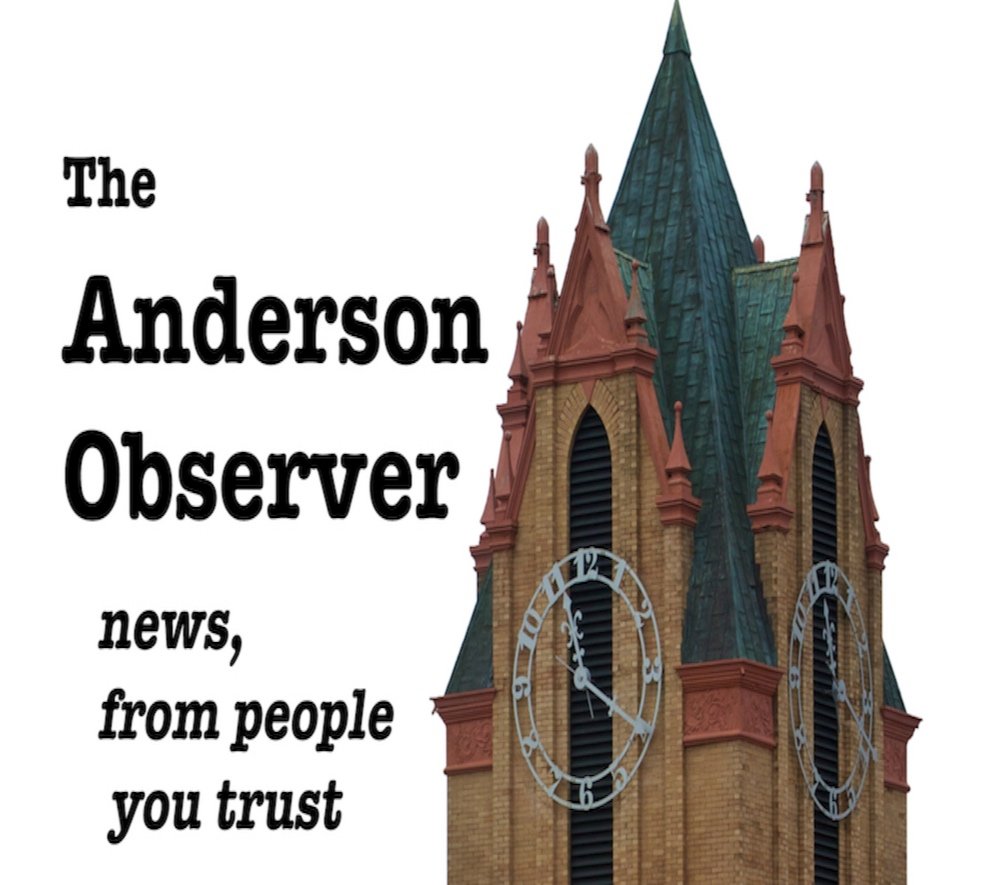S.C. Senate Moves Ahead on "Yankee Tax"
COLUMBIA, S.C. (AP) — Additional fees may be coming for incoming South Carolina residents who want to legally drive on their new home state's roads.
Droves of newcomers have made South Carolina one of the nation's fastest-growing states. As legislators respond to climbing population totals, a bill dubbed the “Yankee tax” could require freshly minted Palmetto State locals to pay $500 total in one-time fees for new driver's licenses and vehicle registration.
The Senate Finance Committee on Tuesday approved the proposal by a 11-6 vote. It now heads to the Senate floor.
Republican Sen. Stephen Goldfinch's bill purports to capitalize on the state's in-migration by ensuring these new neighbors pay for the infrastructure already funded by existing taxpayers. He compared the tax to impact fees: one-time charges commonly paid by developers to help cover the increased demands their new project might bring for public facilities.
For Goldfinch, the dynamic is unfair to his growing constituency in coastal Georgetown County who already foot the bill for the services utilized by people just moving into the area.
“We’re not trying to build a wall across the North Carolina border,” Goldfinch said. "But, at the same time, we think that people should have to pay their fair share when they show up.”
Democratic Sen. John Scott said the newcomers already become contributors as soon as they move through payments like the gas tax. In 2017, the General Assembly approved increases to the gas tax by 2-cent increments over a six-year span. The additional revenues go toward a trust fund dedicated to infrastructure maintenance.
Under the measure, county governments could levy the increased rates if voters approved the hikes through a county referendum held during a General Election cycle. The resulting funds could only go toward local infrastructure, public education and greenspace conservation.
The fee would be paid with newcomers’ property taxes. Residents would then present the tax receipt at their local Department of Motor Vehicles’ office to get the new license and registration.
Republican Sen. Katrina Shealy noted that many active-duty military members make South Carolina their permanent residence after getting transferred to the state. Goldfinch said he would be open to adding tax exemptions in those situations.
Goldfinch also dismissed concerns that the fees would prevent prospective South Carolinians from making the move. Despite the additional $250 driver’s license and $250 registration payments, he suggested newcomers would still be compelled by the money saved through the state’s low property tax rates.
A steady stream of new residents has boosted South Carolina's ranks as the U.S. South experiences increased in-migration from around the country. U.S. Census Bureau data show that the state added nearly 500,000 people over the last decade for a total population of 5.1 million. Over 129,000 people moved to South Carolina in 2019, according to the U.S. Census Bureau, with former North Carolinians and Georgians leading the pack.
